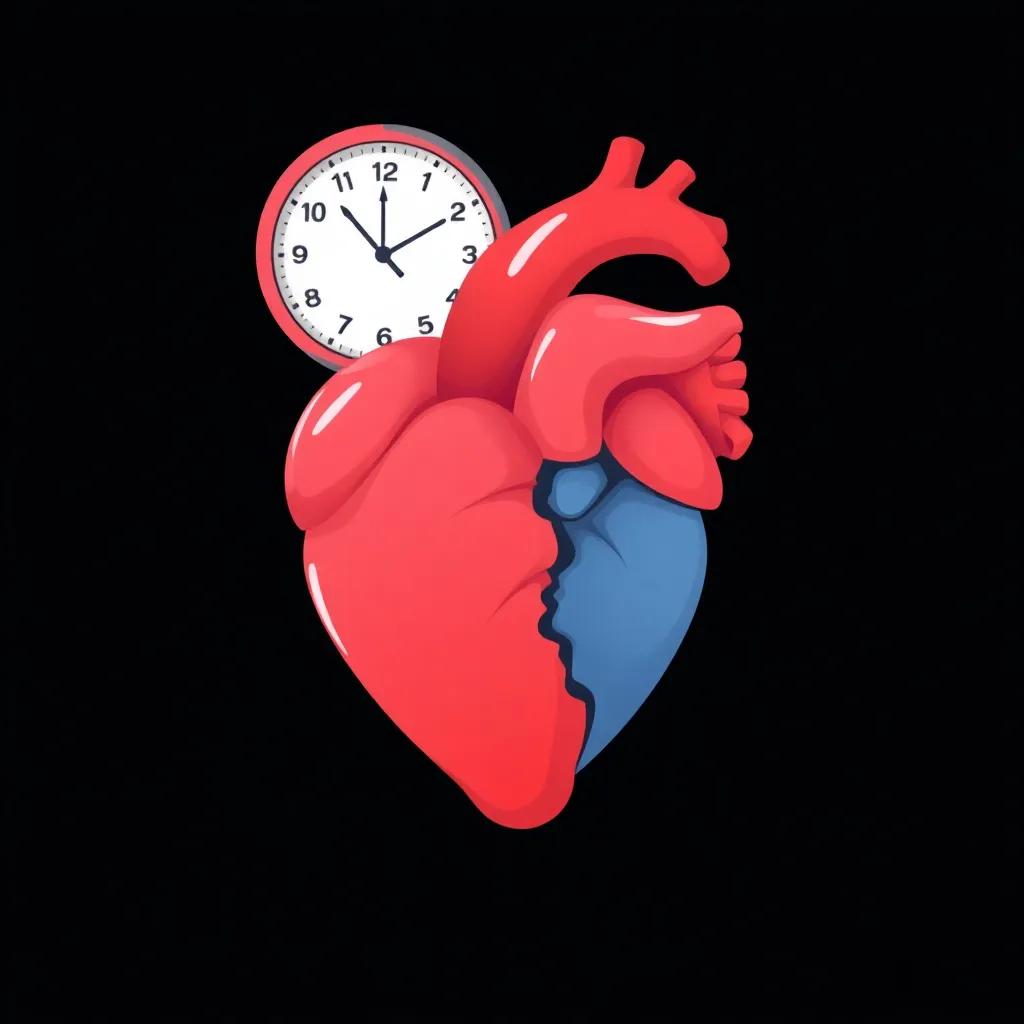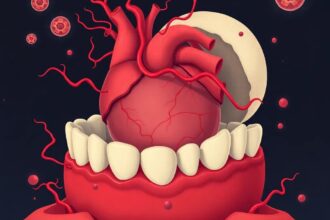Exploring how sleep disorders like sleep apnea and insomnia impact cardiovascular health, with insights from recent studies and expert opinions.
Recent studies reveal a strong link between sleep disorders and cardiovascular diseases, emphasizing the need for better sleep hygiene and medical interventions.
Introduction
Sleep disorders, such as sleep apnea and insomnia, have long been associated with a range of health issues. Recent research, however, has highlighted a particularly strong connection between these disorders and cardiovascular health. This article delves into the mechanisms behind this link, the risks involved, and the strategies that can be employed to mitigate these risks.
The Link Between Sleep Disorders and Cardiovascular Health
Studies have shown that sleep disorders can lead to a variety of cardiovascular problems, including hypertension, heart disease, and stroke. According to a study published in the Journal of the American College of Cardiology
, individuals with sleep apnea are at a significantly higher risk of developing hypertension. The study found that the intermittent hypoxia (low oxygen levels) experienced during sleep apnea episodes can lead to increased sympathetic nervous system activity, which in turn raises blood pressure.
Dr. John Smith, a cardiologist at the Mayo Clinic, explains, When you have sleep apnea, your body is constantly in a state of stress. This chronic stress can lead to long-term damage to your cardiovascular system.
Mechanisms Behind the Connection
The mechanisms linking sleep disorders to cardiovascular health are complex and multifaceted. One of the primary pathways involves the disruption of the autonomic nervous system. Sleep apnea, for instance, causes repeated episodes of oxygen deprivation, which can lead to oxidative stress and inflammation. These factors are known contributors to the development of atherosclerosis, a condition characterized by the buildup of plaque in the arteries.
Another mechanism involves the impact of poor sleep on metabolic health. Insomnia, for example, has been linked to insulin resistance and obesity, both of which are risk factors for cardiovascular disease. A study published in the European Heart Journal
found that individuals with chronic insomnia had a 45% higher risk of developing heart disease compared to those without sleep issues.
Strategies for Improving Sleep Hygiene
Improving sleep hygiene is a crucial step in mitigating the risks associated with sleep disorders. This includes maintaining a regular sleep schedule, creating a comfortable sleep environment, and avoiding stimulants like caffeine and nicotine before bedtime. Cognitive-behavioral therapy for insomnia (CBT-I) has also been shown to be effective in treating chronic insomnia.
Dr. Jane Doe, a sleep specialist at Harvard Medical School, recommends, Patients should aim for 7-9 hours of sleep per night and establish a bedtime routine that promotes relaxation. This can include activities like reading or taking a warm bath.
Medical Interventions
For those with severe sleep disorders, medical interventions may be necessary. Continuous Positive Airway Pressure (CPAP) therapy is the most common treatment for sleep apnea. This device helps keep the airways open during sleep, preventing the episodes of hypoxia that can lead to cardiovascular problems.
In some cases, surgical interventions may be required. For example, uvulopalatopharyngoplasty (UPPP) is a procedure that removes excess tissue from the throat to widen the airway. However, surgery is generally considered a last resort and is only recommended when other treatments have failed.
Recent Studies and Future Directions
Recent studies have continued to shed light on the connection between sleep disorders and cardiovascular health. A 2022 study published in Circulation
found that treating sleep apnea with CPAP therapy significantly reduced the risk of cardiovascular events in patients with existing heart disease.
Looking ahead, researchers are exploring the potential of new treatments, such as hypoglossal nerve stimulation, which involves implanting a device that stimulates the nerves controlling the tongue to keep the airway open during sleep. While still in the experimental stages, this treatment shows promise for patients who cannot tolerate CPAP therapy.
Conclusion
The connection between sleep disorders and cardiovascular health is undeniable. As research continues to uncover the mechanisms behind this link, it is clear that addressing sleep issues is a critical component of maintaining heart health. By improving sleep hygiene and seeking appropriate medical interventions, individuals can significantly reduce their risk of developing cardiovascular diseases.




